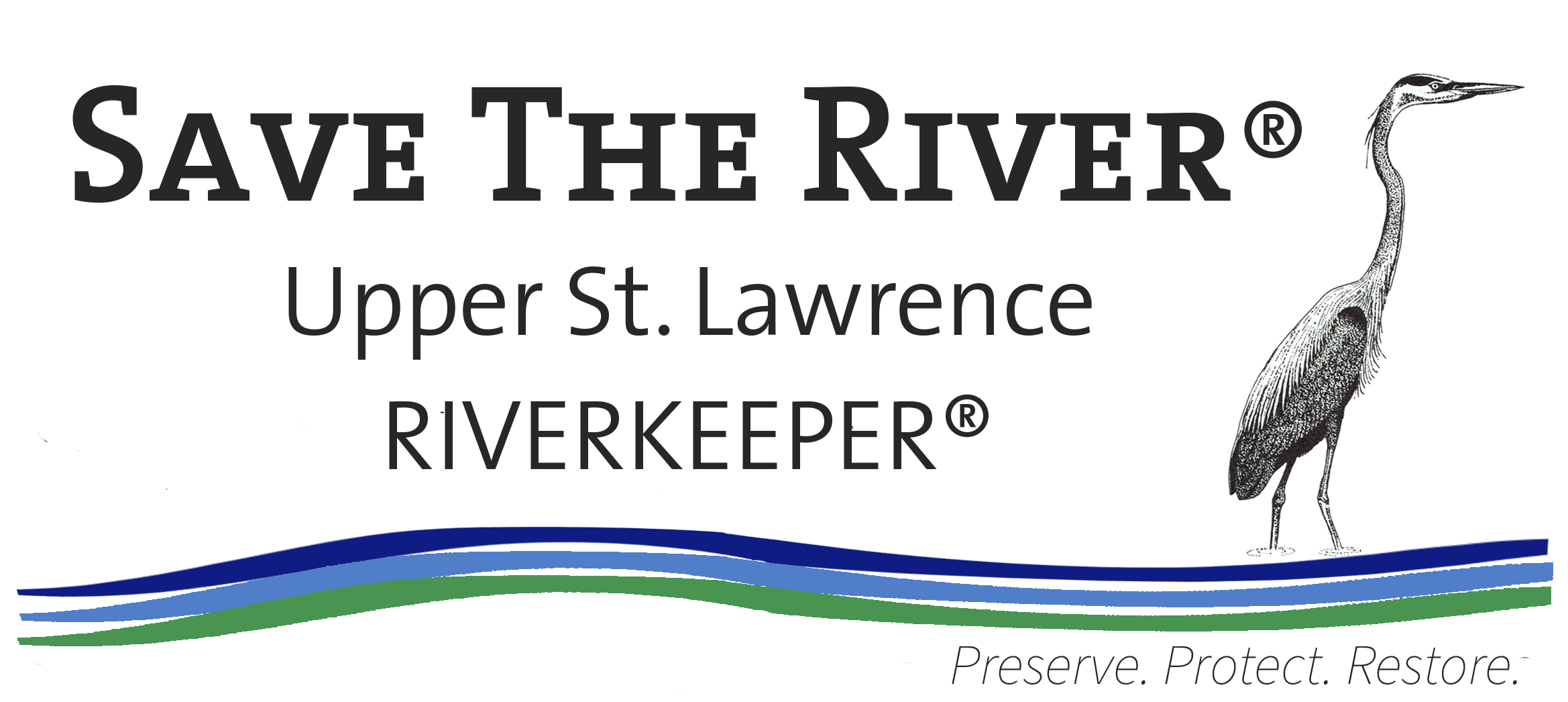Water levels slightly lower than this time last year.
March 28th, 2018 | Posted by Lee
Water levels on Lake Ontario and the St. Lawrence River are currently slightly lower than they were at this time last year.
Last year the Lake and River went on to set record highs in May, June and July due to a succession of unprecedented, intense rainfall events throughout their watersheds. This lead many property owners and politicians to intensely criticize the newly enacted Plan 2014 and the International Joint Commission (IJC) for not doing more to alleviate the problems high water caused.
In contrast, at this time in 2012 the levels were higher, higher even than last year, but as the region experienced an unusually dry spring and summer, levels on the Lake and River went down and stayed lower than average for the rest of the year. This lead many property owners and politicians to intensely criticize the (IJC) for not doing more to alleviate the problems low water caused.
What was missed by the critics in 2017 and 2012 and in every extreme water level year (high or low) since 1958 is the fact that no management plan will give us the tools to fine tune the levels of waterbodies as vast a Great Lake or to control the outcome of natural events – rain, snow, wind – that influence them.
The only constants across the years, other than the criticism of the water levels plan in place at that time, are the variability of the weather and the challenges of accurately predicting it long term. One other notable constant – the reminder that we need to plan carefully how we utilize the shoreline of these vast, dynamic waterbodies.
The editorial board of the Watertown Daily Times has a good take on the current management of Lake Ontario and St. Lawrence River levels in a Sunday editorial.
The editorial board acknowledges that, while it is still too early to predict where the water level will be this summer, there is no doubt that the International Lake Ontario – St. Lawrence River Board (ILOSLRB) in . . “following the recommended practices of Plan 2014 in overseeing outflows this winter . . .have allowed for a more orderly discharge of water in a manner that ensures safety.” The ILOSLRB has done this while achieving the goal of the Plan of “Improving the health of these waterways and creating an environment more suitable to wildlife will benefit all of us.,” as the editorial points out.
On a lake and river so clearly affected by intense and highly variable weather it sounds like they are doing a difficult job well.
Celebrate World Water Day with Save The River
March 22nd, 2018 | Posted by Margaret Hummel
On March 22 we celebrate Water World Water Day. This year’s #WorldWaterDay focuses on how we can use nature to overcome the water challenges of the 21st century.
Did you know that an estimated two-thirds of the world’s wetlands have been lost since 1900 as a result of human activity? Wetlands naturally filter toxins and sediments from water and help protect against floods by trapping and slowly releasing surface water, rain, and snowmelt.
Nature-based solutions like restoring wetlands, reconnecting rivers to flood plains, and planting trees to replenish forests are sustainable and cost-effective methods to fight the effects of climate change. The answer is in nature!
At Save The River / Upper St. Lawrence Riverkeeper we’re all about a swimmable, drinkable, fishable St. Lawrence now and for generations to come. Join us! Click here to become a member or make a donation today.
Clean Water Safeguards Eliminated in Must-Pass Budget Bills
March 13th, 2018 | Posted by Margaret Hummel
Save The River will always stand in opposition to attacks on our nation’s most vital resource: clean water. We joined 115+ groups around the country urging our senators and congresspeople to oppose damaging ideological riders in spending legislation for Fiscal Year 2018: http://ow.ly/W1UR30iV3CW
Outdoor recreation is a way of life in New York, especially here on the St. Lawrence River. We can’t afford to eliminate conservation safeguards that protect our waters & wildlife. The dirty water riders attached to the upcoming federal budget vote will do just that.
The dirty water riders attached to the upcoming budget vote will undermine protections for drinking water that 1 in 3 Americans depend on, eliminate conservation safeguards that protect our waters & wildlife, and cut the public out of the decision making process.
Raise your voices to New York’s congressional leaders: ask them to reject all policy riders attacking safeguards for the St. Lawrence River and all streams, wetlands, lakes, rivers, and other waters that our families, communities, and economy depend on. Call them at (202) 224-3121.
2018 Run for the River™ 5K/10K Registration is Now Open!
March 2nd, 2018 | Posted by Lee
Registration is now open for Save the River’s 16th annual Run for the River™ 5K/10K; this year’s race will be held on Saturday, July 28th.
